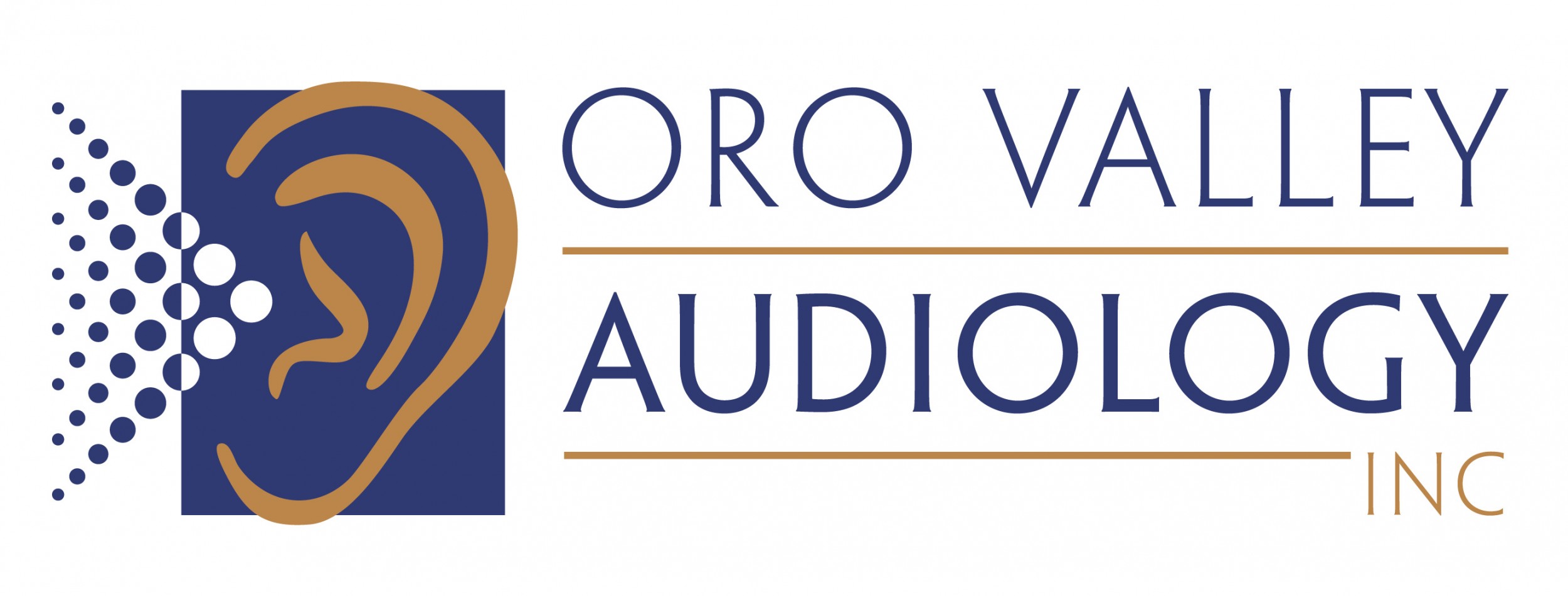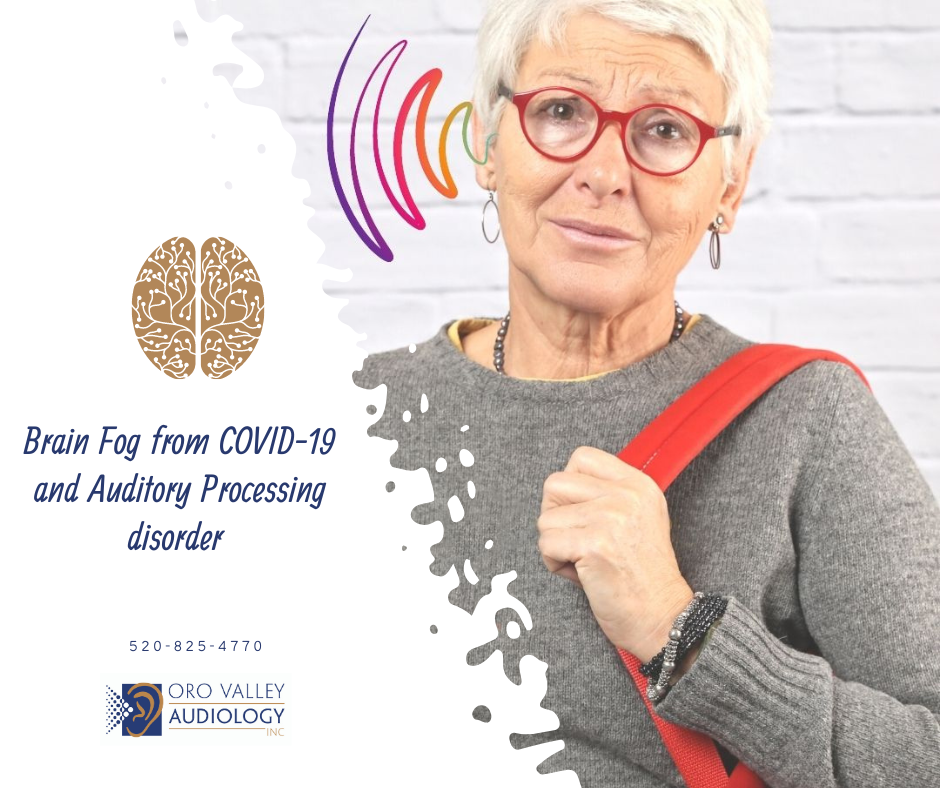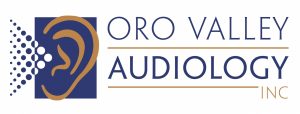Unfortunately, many individuals are still noticing effects weeks or months after a COVID-19 diagnosis. One of the reported lingering symptoms is known by many as “brain fog.” This can be classified by lack of focus, difficulty concentrating, trouble with short term memory, difficulty with word recall, and struggling to follow conversations. Recently, a case study examined a 31 year old medical doctor who reported difficulty hearing and communicating following a COVID -19 diagnosis. His symptoms were associated with post COVID-19 brain fog and also overlapped with common complaints that those with Auditory Processing Disorders (APD) have. Individuals with APD have normal hearing, although they have trouble processing speech. With APD, the brain has trouble making sense of what the ears hear. Auditory training therapy is helpful for treating those that have been diagnosed with APD. This individual did go through an APD evaluation approximately a year after noticing the post COVID-19 brain fog. His test results did show difficulty processing speech and he was diagnosed with auditory processing disorder.
The doctor did decide to go through auditory training after the diagnosis. The auditory training sessions worked on four different areas. The first area focuses on listening to and identifying individual speech sounds. Generally, three or four speech sounds are introduced each session. They will also practice the sounds that were learned in the previous sessions. The next area worked on is auditory memory. The individual will work on repeating words, numbers, or sentences said verbally. Listening in background noise is another area that is practiced every session. The individual will practice repeating words or sentences in the presence of background noise. The last area that people will work on in auditory training is identifying words when speech sounds are said separately. They will need to combine the speech sounds in their mind to identify the word correctly. It is important to note that the audiologist administering the therapy will cover their mouth with a screen so that the individual will not be able to rely on lip reading. They will need to focus on their listening skills alone. Often times, people who struggle with hearing or processing start to rely on lip reading to help them fill in the gaps when they miss words or phrases.
The doctor proceeded with twelve training sessions to work on listening skills and strengthen the brain pathways. Following the twelve sessions of training he noted significant improvement in his daily life. His re-evaluation post therapy also showed significant improvement. The re-evaluation was all in the normal range showing that he was no longer suffering from an auditory processing disorder.
Given this patients success with auditory training, one could be hopeful that others struggling with post COVID-19 brain fog could find some relief with auditory training. This type of auditory training has not only showed benefits for this doctor, but also for others with hearing loss that have poor word understanding. If you would like to find out more about auditory training and/ or auditory processing disorder, please contact our clinic at 520-825-4770.
Alexander, Angela Loucks AuD, MNZAS, CCC-A; DiSogra, Robert M. AuD; Abbas, Fatima BS; Braund, Stacey AuD, CCC-A; Spokes, Chelsea BSpHLSc, MClinAud. Case Study: COVID-19 Brain Fog or Auditory Processing Disorder?. The Hearing Journal 76(04):p 18,19,20,22,23,24, April 2023. | DOI: 10.1097/01.HJ.0000927332.17564.4e


